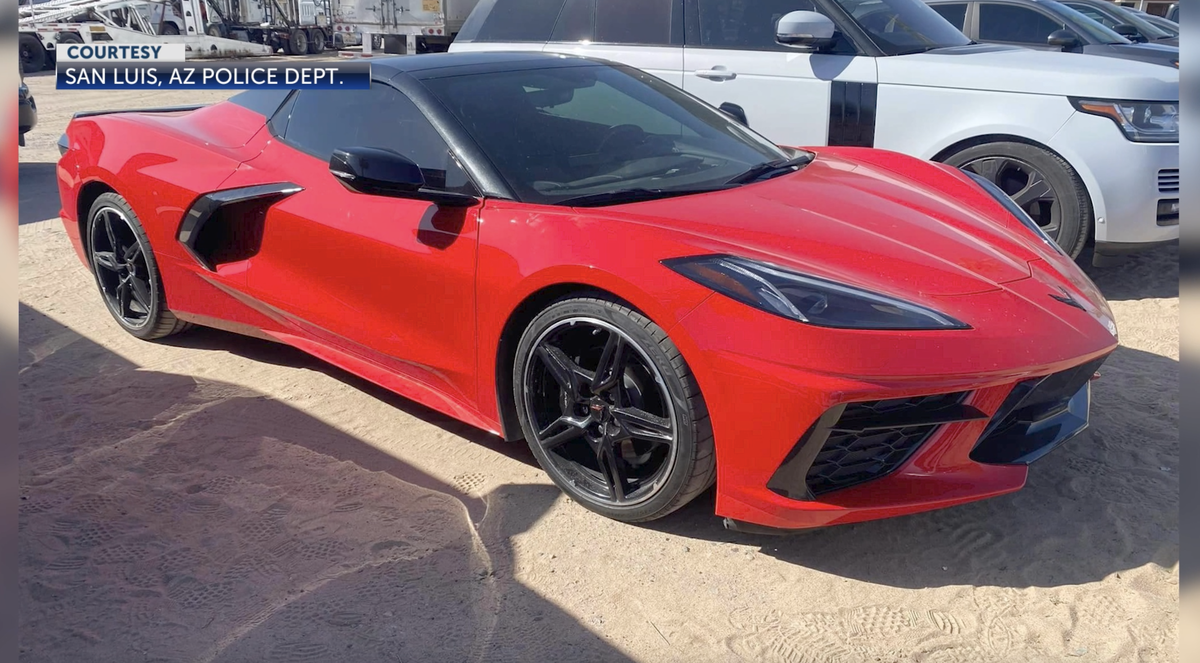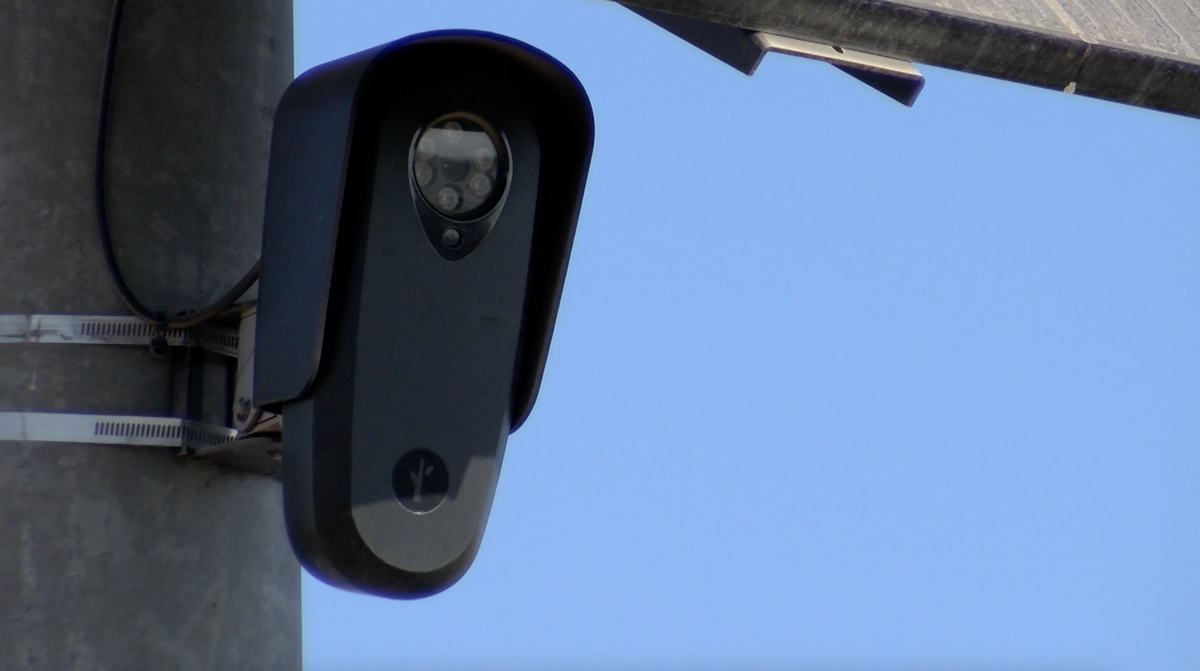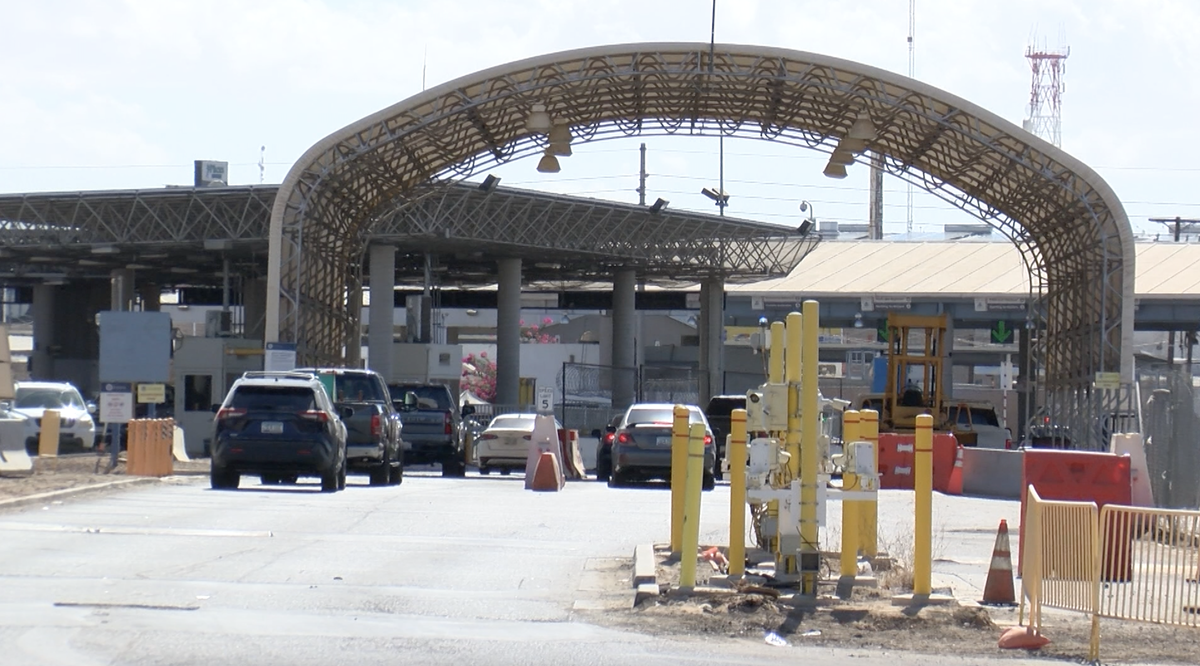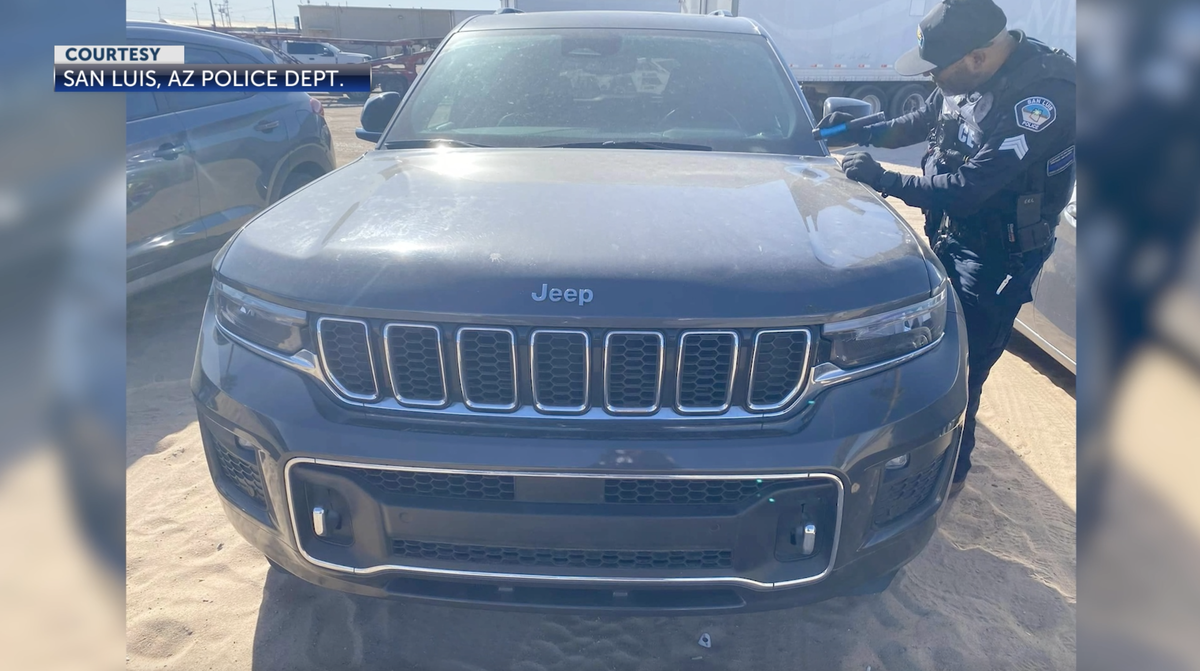SPECIAL REPORT: Stolen vehicle trafficking a persistent issue at U.S.-Mexico Border
SAN LUIS, Ariz. (KYMA, KECY) - The trafficking of stolen vehicles remains one of the most persistent crimes at the U.S.-Mexico border. Cars targeted in the United States are often taken across the border into Mexico, where they end up on the black market.

Law enforcement in San Luis, Arizona, is actively working to combat this issue.
Lieutenant Emmanuel Botello from the San Luis Police Department (SLPD) says the problem has been ongoing for years due to the city's proximity to the border.
"This is not a new problem or one on the rise. It has been a constant for several years," Botello explained.
One key tool the police use is the Flock system, which scans license plates and alerts officers when a stolen vehicle is detected. Additionally, the San Luis Police Department collaborates with U.S. Customs and Border Protection to monitor the border. Together, they conduct checkpoints and other operations to intercept stolen cars.

Despite these efforts, the challenge remains significant. From January to September of 2024, 45 stolen vehicle reports were filed with SLPD. However, only 18 of those vehicles were recovered. Many stolen vehicles are reported in other areas but are found in San Luis before being transported into Mexico.
Botello emphasized the speed at which stolen vehicles can cross the border: "If you steal a vehicle here within the city of San Luis, it is a matter of four to five minutes before you're already on the Mexican side. By that point, it's often too late to detain the car or suspect on the spot."
The Legalization Process in Mexico

Once a stolen car enters Mexico, it can be legalized through amnesty programs or by providing documentation, such as identification, proof of residence, and the vehicle's title. In many cases, these documents are forged, allowing stolen cars to be registered and used legally in Mexico.
Adan Ochoa, from JR Importaciones y Nacionalizaciones in San Luis, Mexico, explained the process takes about 10 business days to complete. However, if a vehicle is flagged as stolen during the paperwork process, the company halts the legalization.
"When we start the process and request the original title, we send it for validation," said Elizabeth Velarde, also with JR Importaciones. "Customs informs us if the vehicle has been reported stolen, and our system rejects it."
The Challenges Ahead

One of the biggest hurdles in preventing stolen cars from crossing the border is the delay in reporting thefts. Many incidents occur overnight, and vehicle owners may not realize their car is missing until hours later.
By then, the vehicle is often already in Mexico.
If a stolen car successfully enters Mexico and is not re-registered, it could be sold on the black market or dismantled for parts. SLPD continues to work closely with U.S. and Mexican authorities to crack down on these operations, but the fight to stop stolen vehicles at the border is an ongoing battle.
